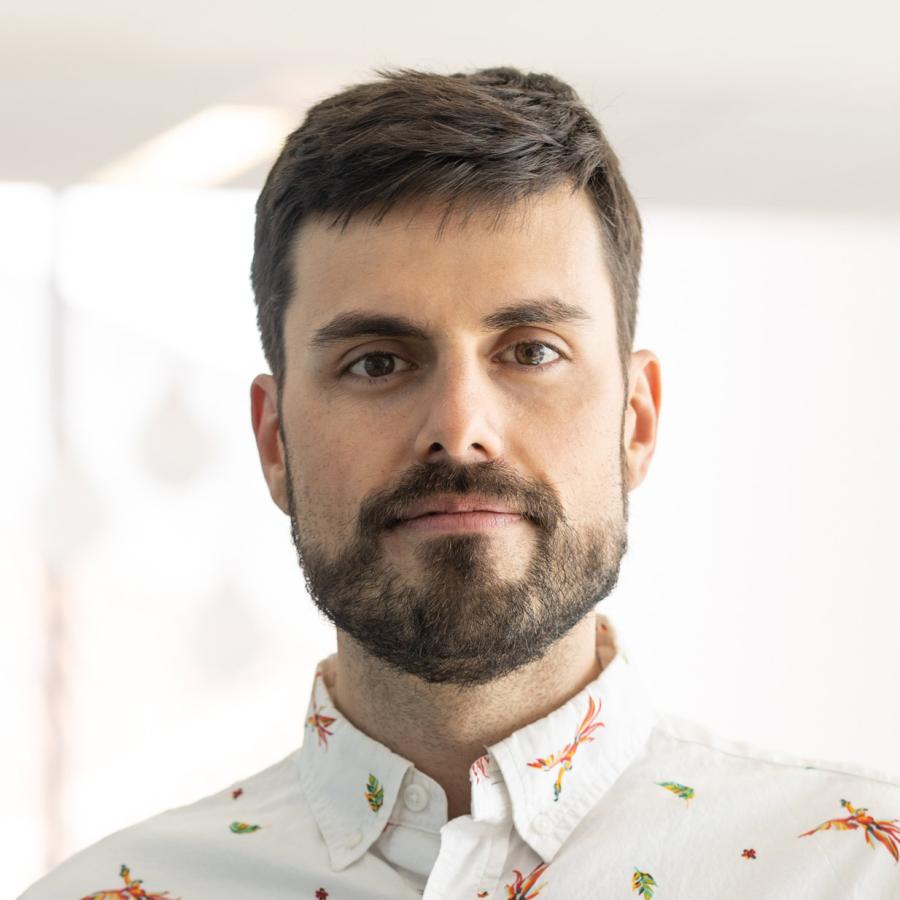Julian Muñoz
- Assistant Professor
- Astronomy
- Weinberg Institute

Contact Information
Biography
Dr. Muñoz is a theoretical cosmologist, working as an Assistant Professor at the UT Austin Department of Astronomy. Before that, he was a Clay fellow at the Harvard-Smithsonian Center for Astrophysics and a postdoctoral fellow at the Harvard Physics Department. He got his Ph.D. from Johns Hopkins in 2017, and his Bachelor's from Madrid in 2013.
Research
Julian Muñoz's research is on the elusive dark matter and its connection to the first galaxies. He works at the intersection of astrophysics and particle physics. Recently, he has been focused on extracting cosmology, galaxy formation, and dark-matter microphysics from data at cosmic dawn, when the first stars formed in our universe. This includes using the powerful James Webb and Hubble Space Telescopes, as well as the 21-cm line of hydrogen, where he's part of the HERA experiment. He has developed tools to use 21-cm both as a new dark-matter probe and as a standard ruler (using velocity-induced acoustic oscillations, or VAOs). Dr. Muñoz's interests also include gravitational lensing, the large-scale structure, light relics, primordial black holes, fast radio bursts, and the cosmic microwave background.
Research Areas
- Cosmology or Space
- Particle Physics
Fields of Interest
- Astronomy-Astrophysics Theory
Centers and Institutes
- McDonald Observatory
- Cosmic Frontier Center
- Weinberg Institute
- Texas Center for Cosmology and Astroparticle Physics
Education
- 2013 Graduado en Física (Bachelor’s in Physics), Complutense University of Madrid, Spain.
- 2017 Ph.D. in Physics, Johns Hopkins University, USA. “New Cosmological Probes for Old Fundamental Questions”. Advisor: Marc Kamionkowski.
Publications
Dr. Muñoz's Publications
Awards
- Dan David Prize Scholar 2017 ($15k).
- EJ Rhee travel award 2016 ($1k)
- Pitt PACC travel award 2017 ($0.5k).
- Spanish Ministry of Education Research Fellowship 2012 (€4k).
- Summer Fellowship at the Instituto Astrofísico de Canarias 2012 (€2k).
- MIT Kavli Fellowship (declined)
- NASA Hubble Fellowship (declined)
- 5-year Clay Fellowship (2020)
